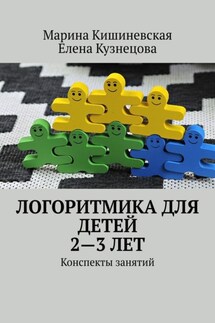Труды IV Республиканской научно-практической online-конференции «Образование XXI века: проблемы, тенденции и перспективы» - страница 8
The value of this study will be in obtaining empirical data which will help to explore the factors that English language learners found as crucial and beneficial for achieving academic success, or insufficient and undesirable in the course of distance education.
Literature Review
Kazakhstan was not the only country to switch to distance education; it was, in fact, a worldwide trend. These trends indicate that learners in Kazakhstan and worldwide have to adapt to the new realia and developments. Since the success of education often depends on the overall perception of course participants, Allen and Seaman (2013) were focused on establishing learners’ judgment of distance education which was described as a positive experience by only a half of the respondents which implies that almost 50 percent of the other enrollees remained unsatisfied. Consequently, a significant number of online learners could not have fully achieved the expected learning outcomes. Although the course content and learning outcomes were noted to be relevant as compared to the traditional classroom, Allen and Seman’s (2013) research found the aspects that caused barriers in academic studies. Remote classrooms might not suffice to encourage learners’ dedication to their studies or progress in their knowledge and abilities. Instead of being active participants, those being educated online might only remain passive listeners. These are some of the reasons why some students ranked online classes lower than traditional classrooms. This means that despite the comfort and accessibility of online instruction, learners find traditional classrooms more enjoyable or constructive.
Recent research by Alawawdeh and Alshtaiwi (2020) points out that «many issues arise from teachers, learners, and the learner’s social environment». The authors argue that «online education is not going well as it lacks planning and preparation». Planning and preparation, in turn, are defined as required to enhance online learning; the rationale behind this is that distance learning needs more time and effort on the part of teachers and learners to make it «function exactly as intended». Based on the research studies, Alawawdeh and Alshtaiwi’s (2020) claims are justified in demanding that teachers should be qualified and trained to revitalize and enrich the teaching methods with proper knowledge and skills. As for students, they should be expected to be educated by an expert to improve ICT (information and computer technology) skills and overcome challenges related to distance education. It was fair to mention that the families of the students should be involved to assist and help their children with technology. Despite the high rates of online course enrollment and a substantial amount of positive feedback, the lack of electronic equipment, or stable internet connection were found to be critical yet due to financial shortages in the families (Alawawdeh & Alshtaiwi, 2020).
On the other hand, negative judgments of distance learning may arise due to bias such as preferred learning styles or a common misconception of virtual classes. Nguen (2015), having examined the efficiency of e-learning, argues that traditional classes, as well as online classrooms, are both effective methods. The author suggests that face-to-face education is starting to lose its hegemony on the market. The rationale for such a development is found to be cost-effectiveness while the cost of offline education is rising dramatically. In addition, access to world-class education alongside classroom size possibilities are significant benefits of online learning.









